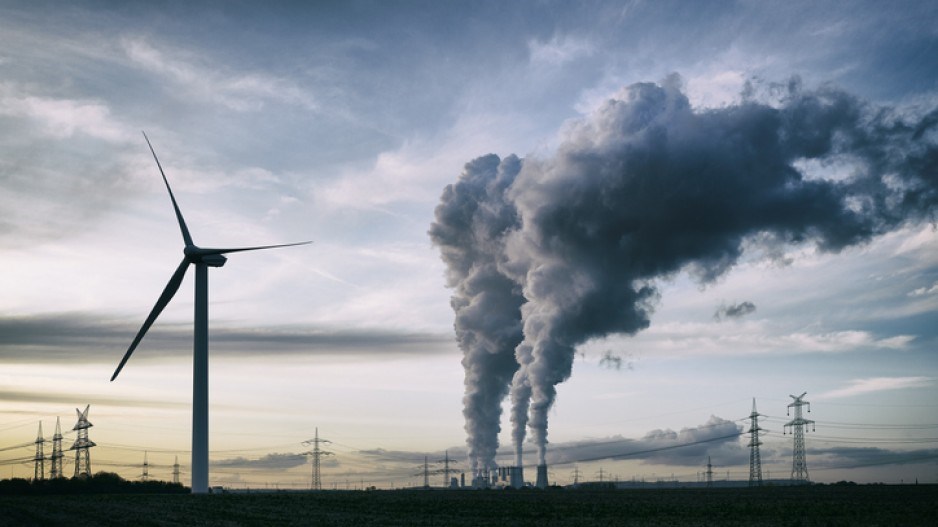Will the BC NDP government’s just-released climate action plan – dubbed “Roadmap to 2030” – gain much attention at the COP26 gathering in Glasgow?
B.C. has one of the most ambitious and detailed plans to significantly reduce greenhouse gas emissions by 2030 and even further reductions in years after that.
Things like raising the carbon tax, building more transit, increasing the use of zero-emission vehicles, reduction targets for methane and oil and gas emissions, and stricter rules for large industrial development are key parts of B.C.’s plan.
The plan has the backing of a fair number of environmental groups and climate scientists, but it has also been scorned by others for not going even further and bringing in a road map that doesn't just look to 2030.
Critics want the oil and gas sector cut off at the knees - effective immediately. The fact that the B.C. government supports the LNG industry and industrial practices such as fracking is outrageous to them.
Yet, the NDP’s position on fighting climate change reflects the needs of any government to balance taking action to curb greenhouse emissions with growing the economy.
Many other world governments and leaders will be among the 20,000 or so people expected to gather in Glasgow for 12 days and nights of meetings, reception, politics and protests. I suspect most (if not all) of them will similarly take the position that their economic self-interest remains a top priority, even while tackling a complex task such as fighting climate change.
Still, it is encouraging so many governments (and business executives and Hollywood celebrities) are getting together to focus on the most pressing issue of our time.
Framed against that ambitious gathering is the fact the big GWG emitters like China, India, Saudi Arabia, Indonesia and Australia remain steadfast in their plans to essentially keep doing what they are doing,
And many of these countries sing from a completely different song sheet when it comes to cutting emissions. For example, while 38 gigawatts of coal plants were closed last year in the U.S. and Europe, China is about to open 39 gigawatts of new plants.
It all adds up to a maddeningly frustrating exercise that will likely result in no consensus being reached in Glasgow.
But that doesn’t mean governments of various stripes can’t make some progress on their own. B.C. Environment Minister George Heyman is heading a small government delegation in Glasgow and I would not be surprised if he does not meet up at some point with Washington State Governor Jay Inslee, who ran for the presidential nomination on the climate change issue and who will also be in Glasgow.
Inslee advocates working with other governments beyond a federal-federal partnership. Might we see some kind of joint B.C.-Washington state partnership down the road when it comes to fighting climate change?
The various action plans and road maps lay out markers and targets that are off in the distance, as in years away. And more often than not the targets are often not met, thus making them less and less credible over time, at least in the eyes of some.
Yet the need for them has never been more important. Let’s see how B.C.’s plan fares in Scotland.
Keith Baldrey is chief political reporter for Global B.C.



